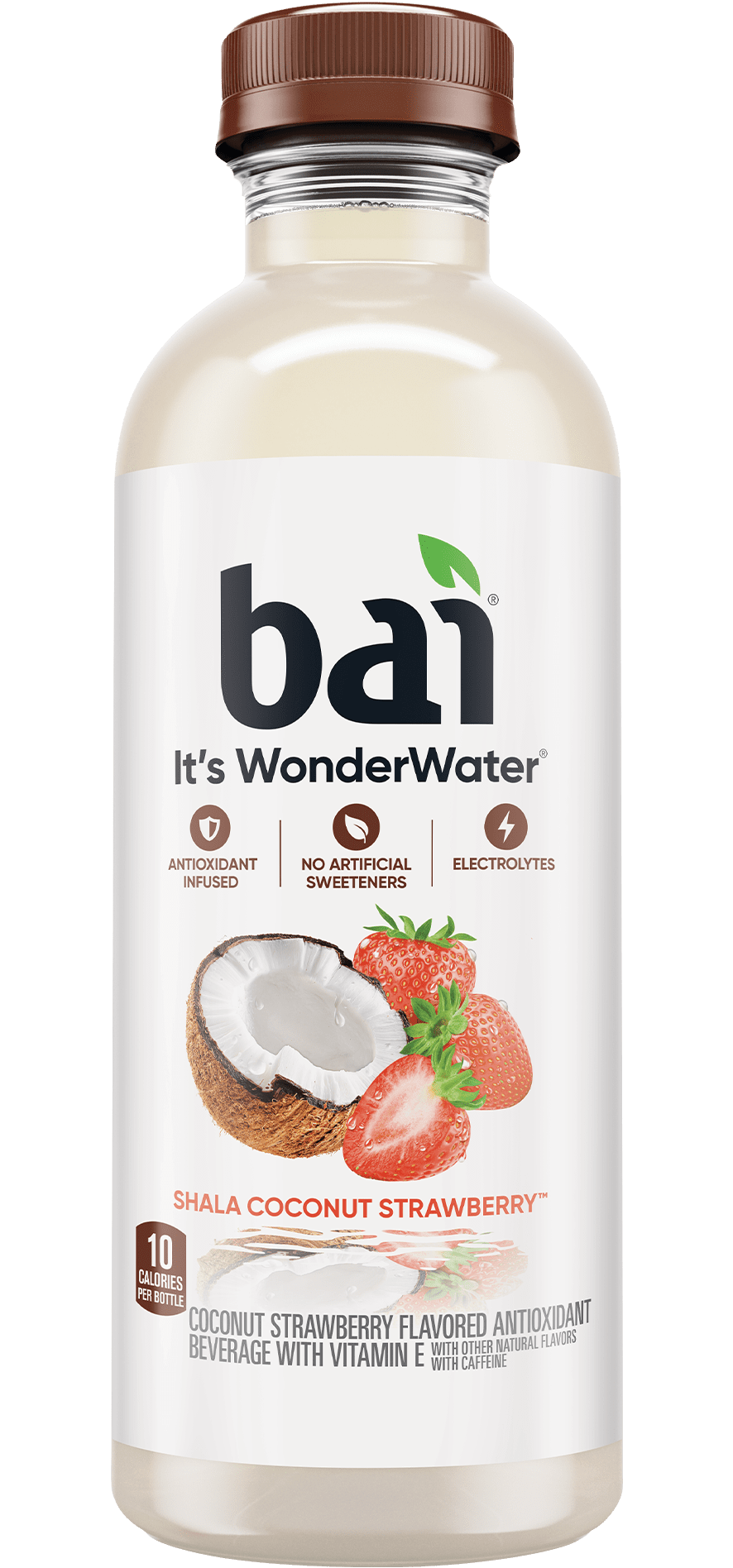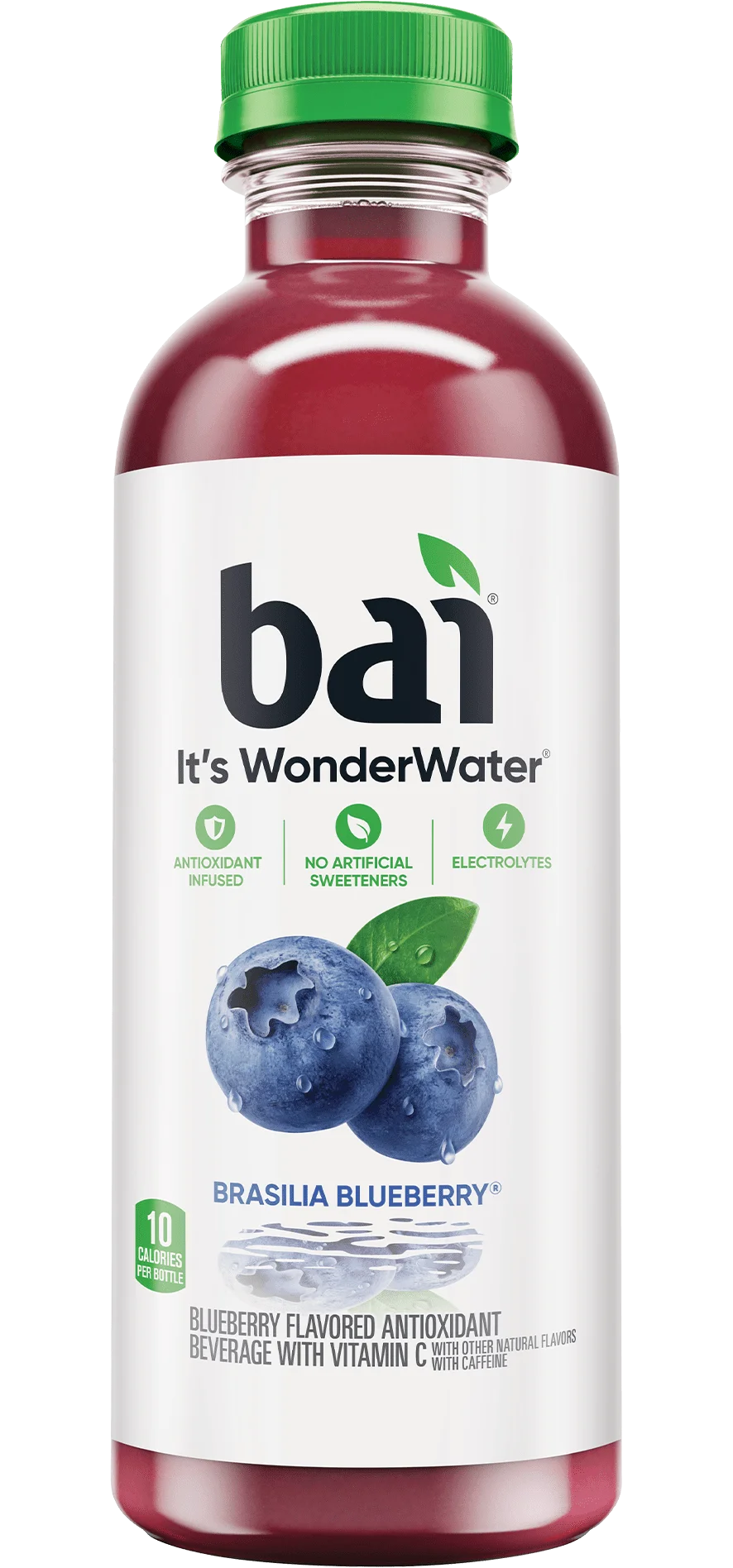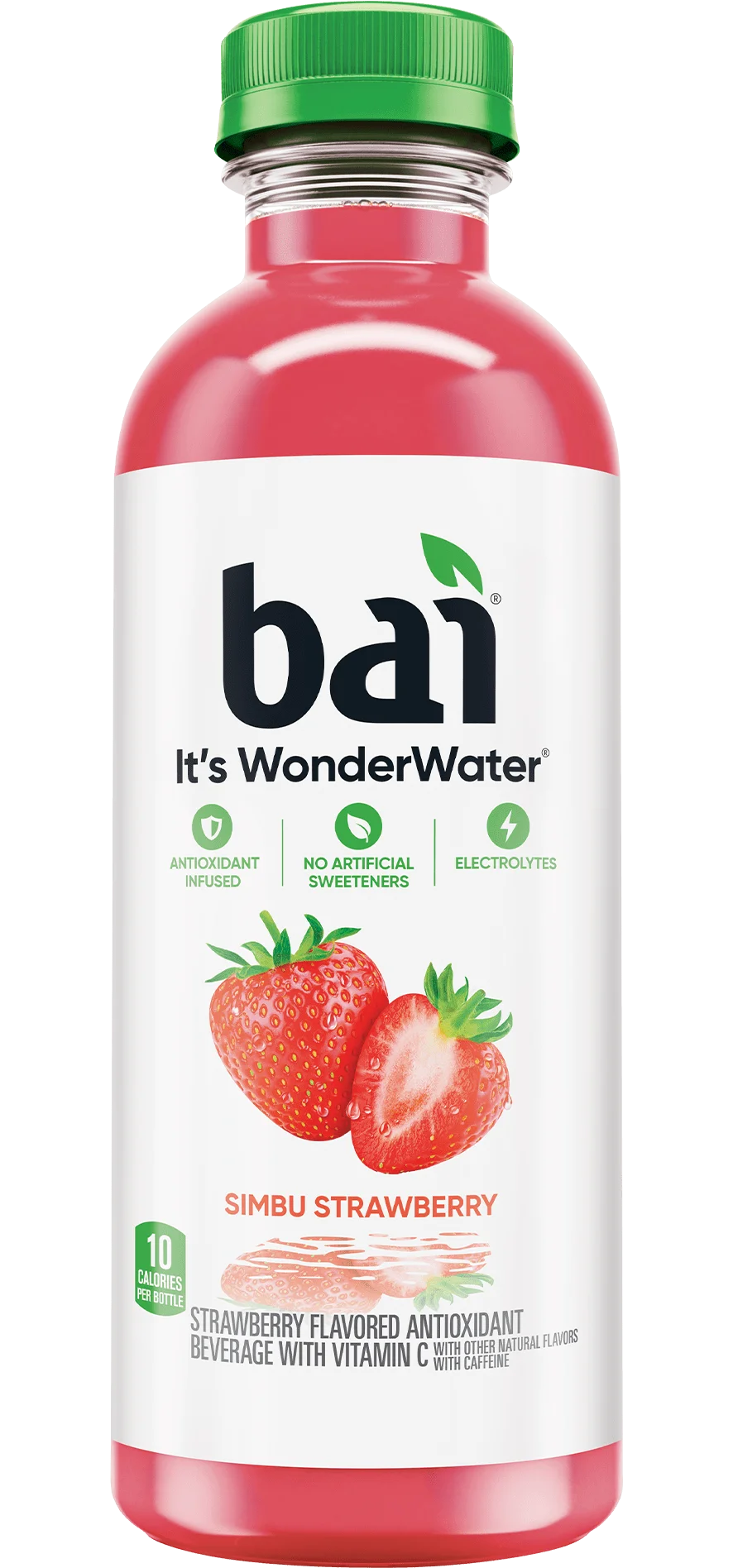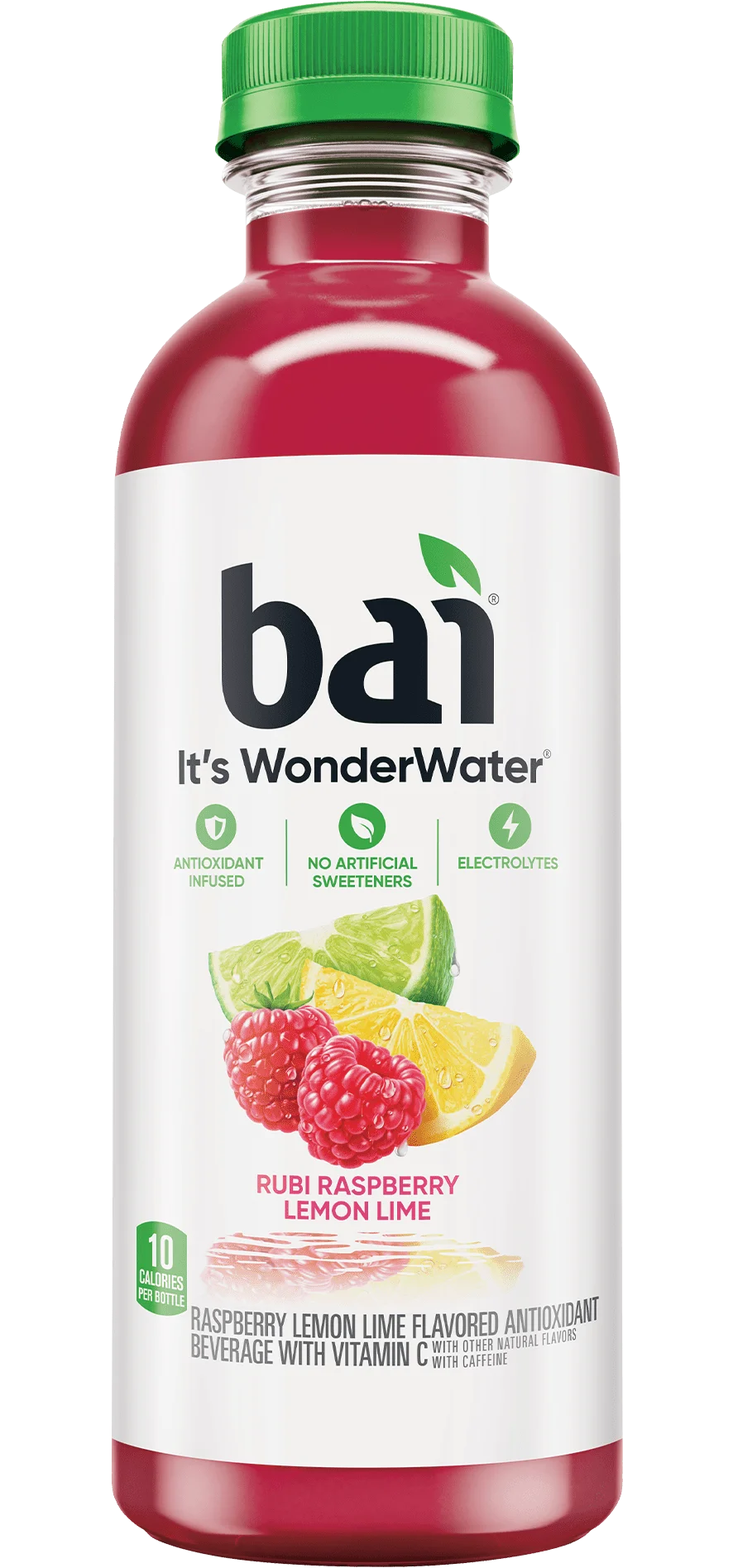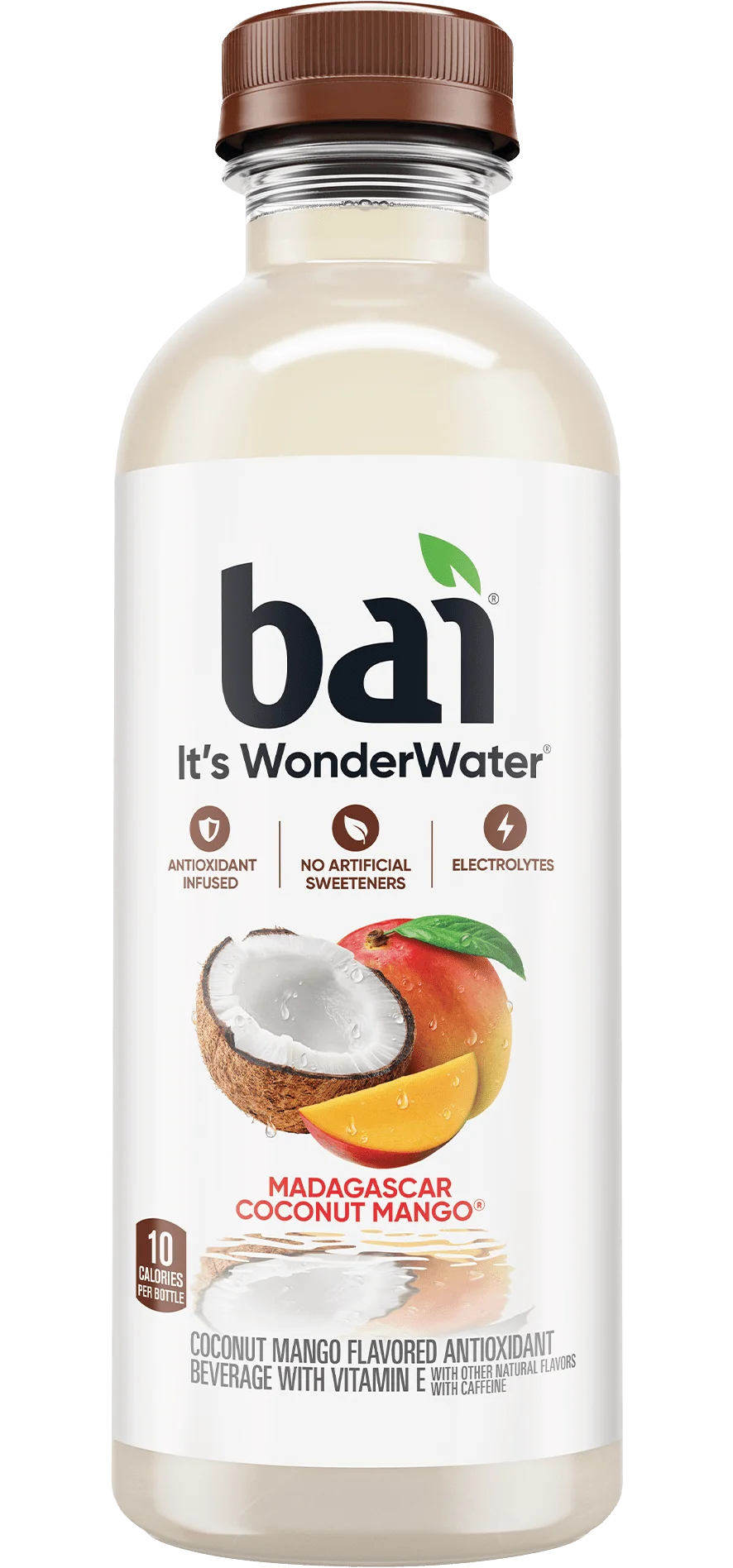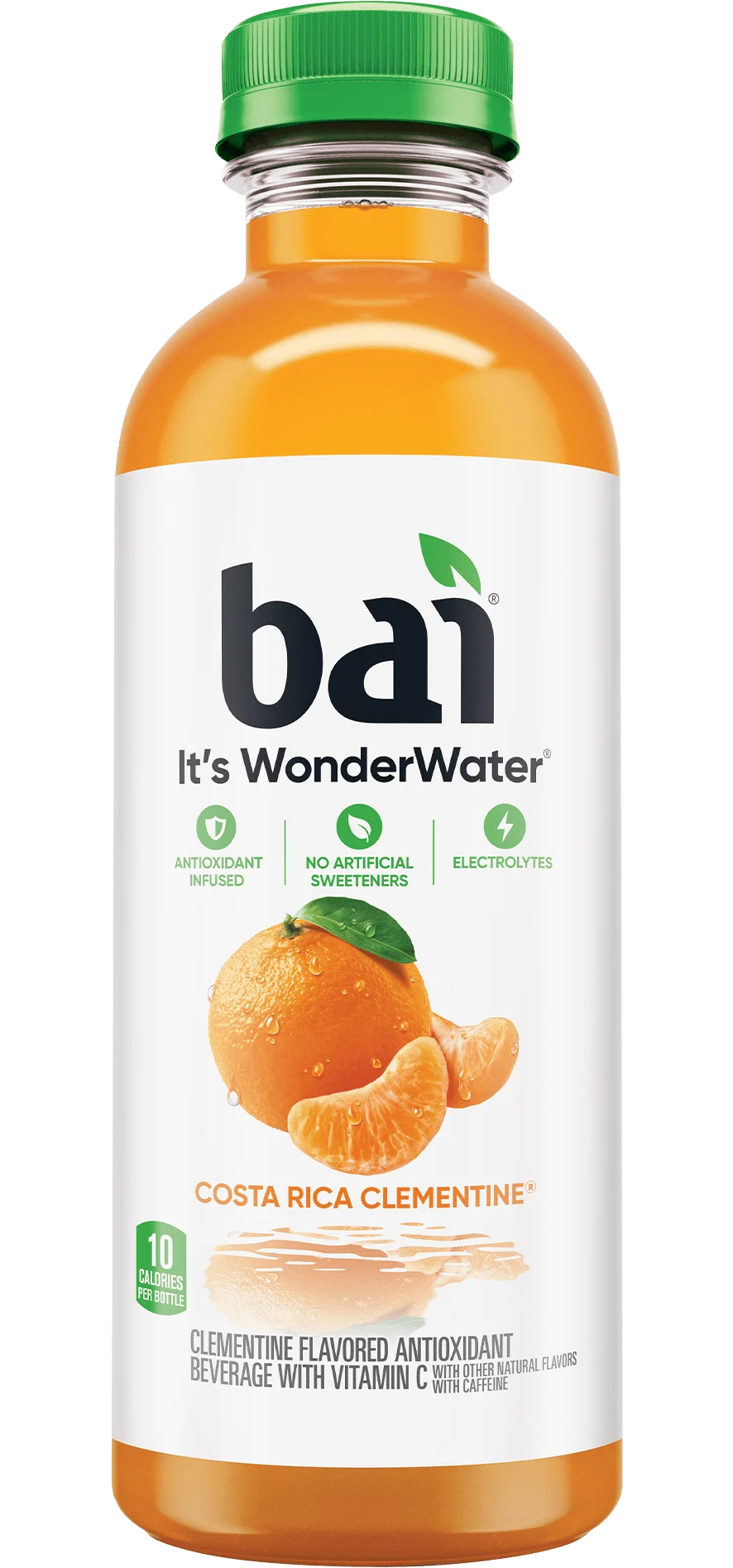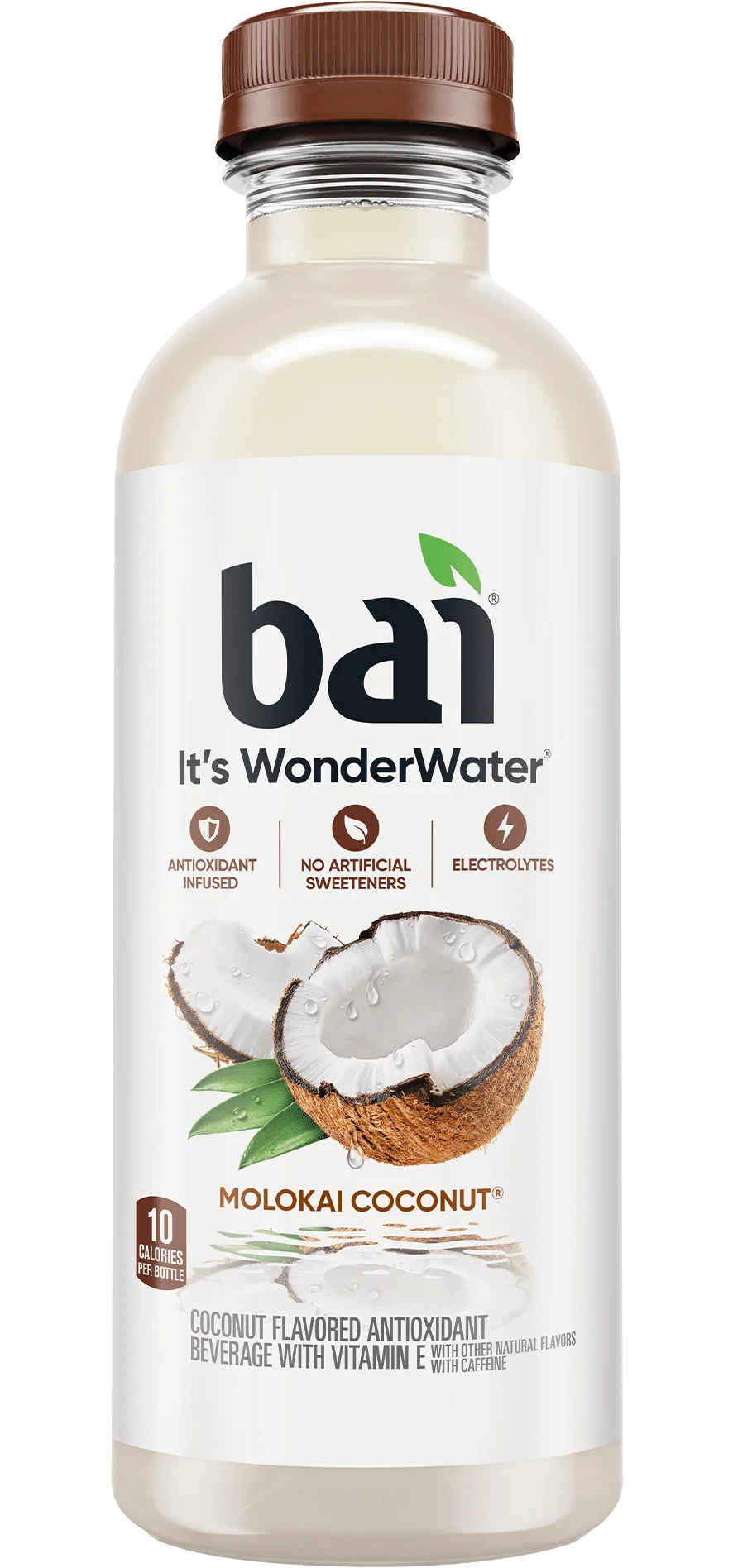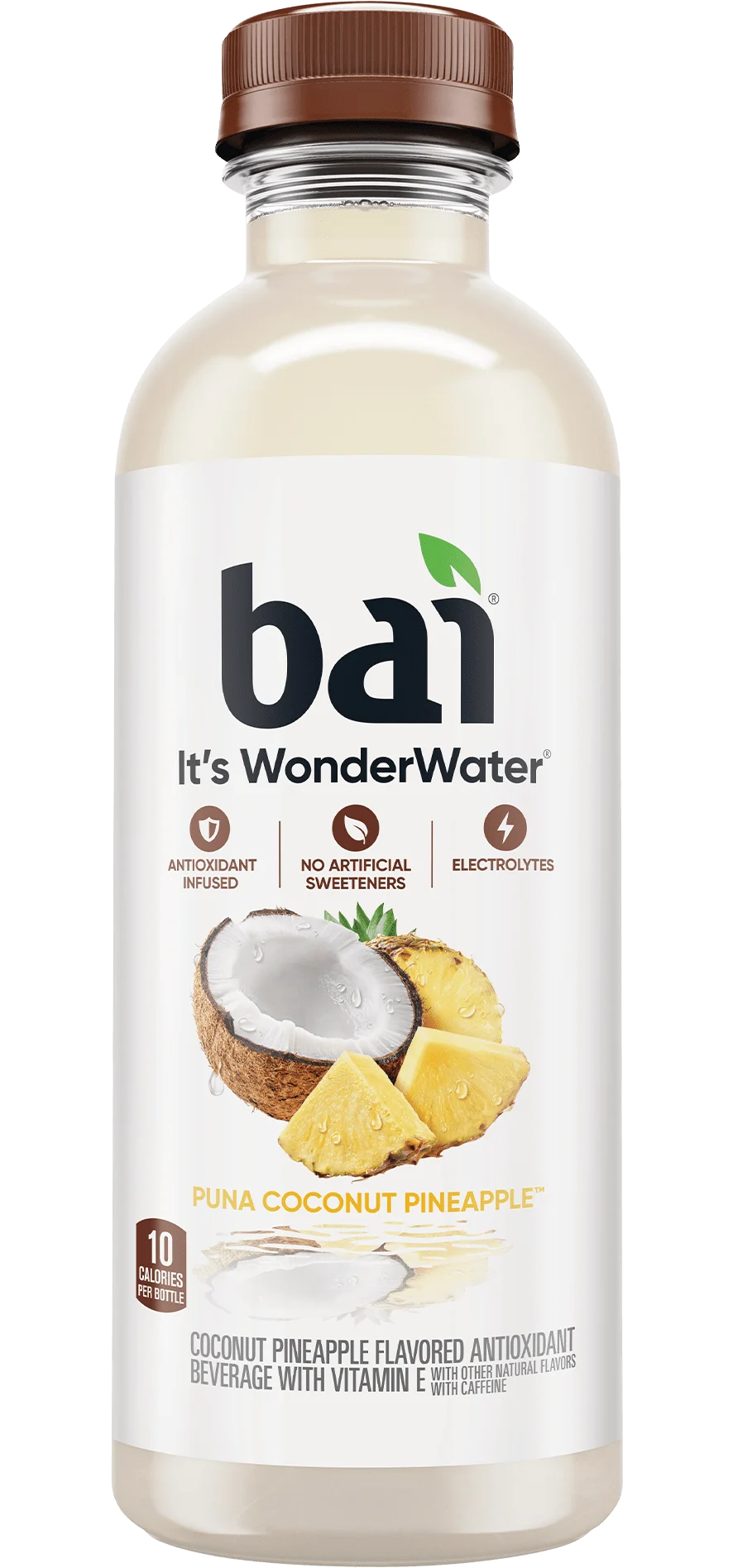1. Pump the Probiotics
We know probiotics are in foods, and thanks to Jamie Lee Curtis we know they’re important for regularity in our digestive tract. But what’s a little less obvious is that these strains of bacteria are essential for our immune system. So essential, in fact, that most cells in our body are bacteria and not human. And since allergies boil down to an overactive immune system, it’s important that we keep these little guys at a proper balance to keep everything in check. Dairy-based yogurt and kefir are always an option, and omnivores and herbivores alike can get them from tempeh, sauerkraut, miso, kimchi and pickles. Switch up your source as much as possible to get a wide variety of strains.
2. Remove Sugar
Sugar is the #1 food choice of bacteria. Sure, this includes the probiotics that live in your gut, but it also includes invading bacteria and unwelcome yeast. Minimizing sugar will keep the growth of these intruders at bay, and give your probiotic crusaders more of a fighting chance. High sugar intake can also be the first tipped domino in a wide array of inflammatory responses in your body, making allergic reactions more likely. If you find yourself having an especially sugary day, exercise, drink water and up your green veggie intake.
3. Minimize Dairy
For similar reasons to sugar, dairy can be a key player in an unwarranted and uncomfortable responses in your gut. Our bodies naturally become less able to digest dairy as we age, but if our intake doesn’t decrease as well, we may start to have negative reactions towards it. These include increased inflammation, increased mucus buildup, and a gut microbiome (the bacteria and yeast that live there) imbalance. Try to tone down the dairy usage or focus on fermented products like yogurt or kefir.
4. Get Your Quercetin
Quercetin is not a Tarantino brother, but rather an antioxidant. Many studies have found this compound can help to stop histamine and inflammation cascades (pathways) in their tracks. One recent in vitro (in a Petri dish, not inside a human) study found it even decreased peanut allergy responses. That’s not to say it replaces your EpiPen, but adding quercetin-containing foods like pomegranate, apples, capers, onions, and other dark produce can’t hurt.
5. Double-Down on Vitamin D
Vitamin D is involved in numerous goings-on in the body, and scientists are slowly but surely getting a better idea of how it’s included in our immune systems. Until they nail it down, it’s pretty safe to say that getting your necessary daily vitamin D can help to significantly decrease respiratory symptoms. This is especially true for people who experience allergy-induced asthma or chronic rhinosinusitis (constant swelling of nasal passages aka when you feel stuffed up but nothing comes out when you blow your nose). Sunny D got it right- you can get your daily dose of vitamin D by spending some time soaking up some Spring sunshine. If you’re stuck inside, good dietary sources include mushrooms, fatty fish, liver and egg yolks.


